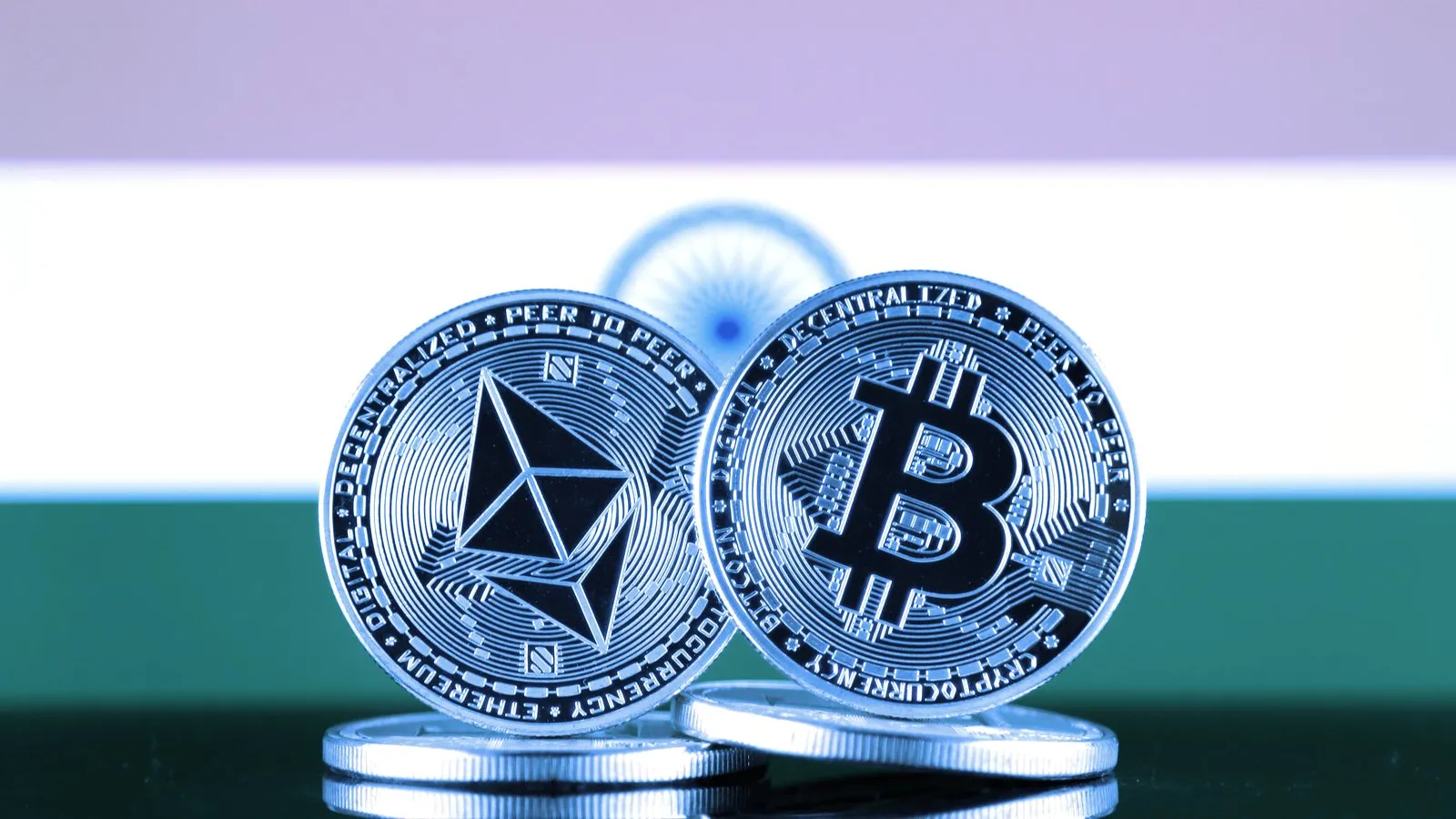Trading volumes across crypto exchanges in India have plummeted after a new transaction tax law was recently enforced.
On July 1, 2022, the Indian Government legislated a 1% tax (called TDS, or Tax Deducted at Source) on all crypto-related transactions of more than $126 (10,000 INR).
According to this rule, it’s now mandatory for exchanges to deduct 1% of the transactional value from the buyer. That amount should then be paid as taxes to the Government.
Following the tax’s implementation last week, the trading volumes across exchanges including WazirX, ZebPay, and CoinDCX fell by at least 50%.
Decrypt has contacted WazirX and CoinDCX for comment.
On June 30, Binance-backed WazirX hosted a daily trading volume of $14.23 million which slipped to just $5.32 million on July 1. It then dropped as low as $2.73 million on July 3, according to data from Nomics.
CoinDCX’s volume dropped 61% to $2.59 million on July 1; as for ZebPay, its volume has dropped by 56% over the same period of time.
In February 2022, the Government Of India also imposed 30% taxes on all cryptocurrency-related income too.
These new tax laws have also evidenced themselves in crypto firms looking beyond India to set up shop.
The Indian crypto exodus
Though Chainalysis reported that India ranked second for cryptocurrency adoption, the increased tax burden and current bear market have pushed some firms to migrate to crypto-friendlier nations including Dubai and Singapore.
Recently, Nischal Shetty and Siddharth Menon, the co-founders WazirX, have moved to Dubai with their families, reported the Indian Express. CoinDCX, the $2 billion crypto trading firm based in Bengaluru, has also established a Singapore arm named “Primestack Pte.”
Many companies migrate to UAE, especially Dubai, because of its crypto-friendly nature. Dubai has created multiple tax-free zones issuing cryptocurrency licenses, including the Dubai Multi-Commodity Center and Dubai Airport Free Zone.
By establishing a company in these tax-free zones of Dubai, a residence Visa can also be acquired.
As to Singapore’s appeal, there are no taxes levied on crypto transactions in the city-state.
“India has battled brain drain for decades. This is a generational opportunity to reset the odds in our favor,” Ashish Singhal, co-founder and CEO of crypto exchange CoinSwitch told Decrypt. “Indian investors and innovators can benefit from the crypto capital if there is more regulatory clarity.”
Still, there is no clear regulatory process or license for crypto platforms in India which makes it difficult for businesses to operate in the country.
And now it looks like at least a few crypto entrepreneurs are making the leap abroad.

